Titanium cookware is becoming popular among home cooks. Many people wonder, “Is titanium cookware safe?”
Safety is a key concern when choosing cookware. Titanium is known for being durable and lightweight. Unlike some metals, it does not react with food. This means it won’t leach harmful chemicals into your meals. Many chefs prefer titanium cookware because it heats evenly and is easy to clean.
However, not all titanium cookware is created equal. Some products have non-stick coatings that may not be safe. Understanding the safety of titanium cookware helps you make the best choice for your kitchen. Let’s explore its benefits, possible risks, and how to select safe titanium cookware for your cooking needs.
Titanium Cookware Safety
Titanium cookware is popular for its durability and lightweight nature. Many people wonder about its safety. Understanding the facts is essential. Let’s explore the safety of titanium cookware.
Myths Vs. Facts
| Myth | Fact |
|---|---|
| Titanium cookware is toxic. | Titanium is non-toxic and safe for cooking. |
| It reacts with food. | Titanium does not react with food. |
| All titanium cookware is the same. | Quality varies. Look for reputable brands. |
| It is not dishwasher safe. | Many titanium cookware pieces are dishwasher safe. |
What Experts Say
Experts agree on several points regarding titanium cookware safety.
- Titanium is inert: It does not leach chemicals.
- Durability: It resists scratches and corrosion.
- Heat distribution: Provides even cooking.
- Non-stick options: Safe coatings are available.
Always check product details. Choose high-quality cookware for the best results.
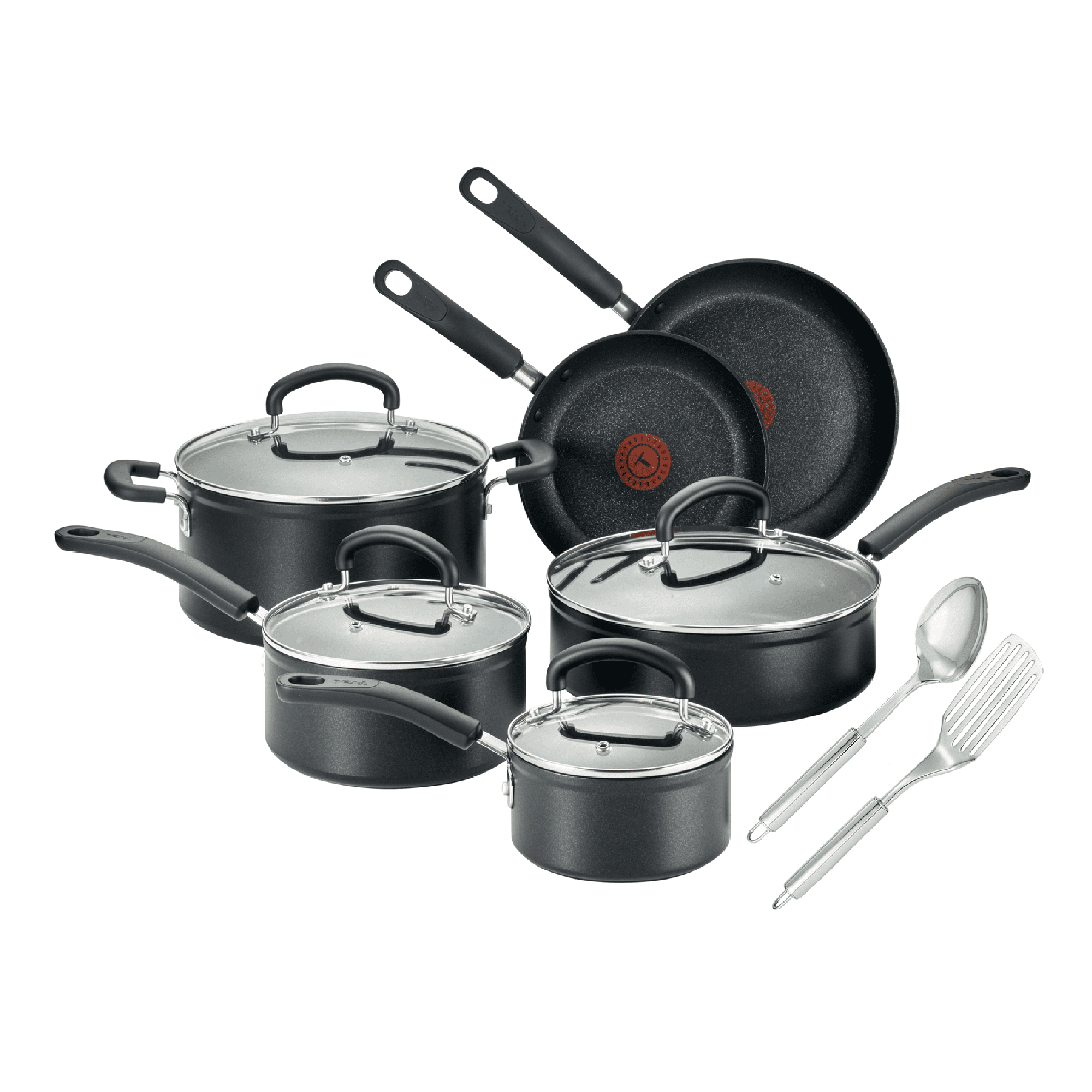
Credit: www.walmart.com
Composition Of Titanium Cookware
Titanium cookware is known for its strength and durability. Understanding its composition helps in knowing why it is safe for cooking. This section explores the materials used in titanium cookware and its reactivity.
Materials And Coatings
Titanium cookware is primarily made of titanium. This metal is lightweight and resistant to corrosion. Here are the main materials used:
- Titanium Metal: The core of the cookware.
- Aluminum: Often used for better heat conduction.
- Non-stick Coatings: Some titanium cookware has non-stick surfaces.
Non-stick coatings are usually made from materials like ceramic or Teflon. These coatings help prevent food from sticking. Always check if these coatings are safe and free from harmful chemicals.
Titanium’s Reactivity
Titanium is known for its low reactivity. It does not easily react with food. This property makes it safe for cooking. Here are some key points:
- Titanium does not leach into food.
- It is stable at high temperatures.
- It resists scratches and wear.
Using titanium cookware minimizes the risk of chemical reactions. It preserves the taste and quality of food. This makes titanium cookware a reliable choice for many cooks.
Health Benefits Of Titanium
Titanium cookware offers many health benefits. It is safe and non-toxic. This metal is known for its strength and resistance. Let’s explore two main advantages: its allergy-friendly nature and its lightweight durability.
Allergy-friendly Option
Titanium is a great choice for people with allergies. It does not react with food. This means it won’t cause allergic reactions. Many other metals can trigger allergies. Here are some key points:
- Titanium is hypoallergenic.
- It is resistant to rust and corrosion.
- Safe for cooking all types of food.
Choosing titanium cookware helps avoid allergy issues. It is suitable for everyone, including sensitive individuals.
Weight And Durability
Titanium cookware is lightweight yet strong. It is easy to handle, making cooking simpler. Here are some benefits of its weight and durability:
| Feature | Description |
|---|---|
| Lightweight | Easy to lift and maneuver. |
| Durable | Resists scratches and dents. |
| Long-lasting | Can withstand high temperatures. |
These features make titanium cookware ideal for everyday use. It stands up to regular wear and tear.
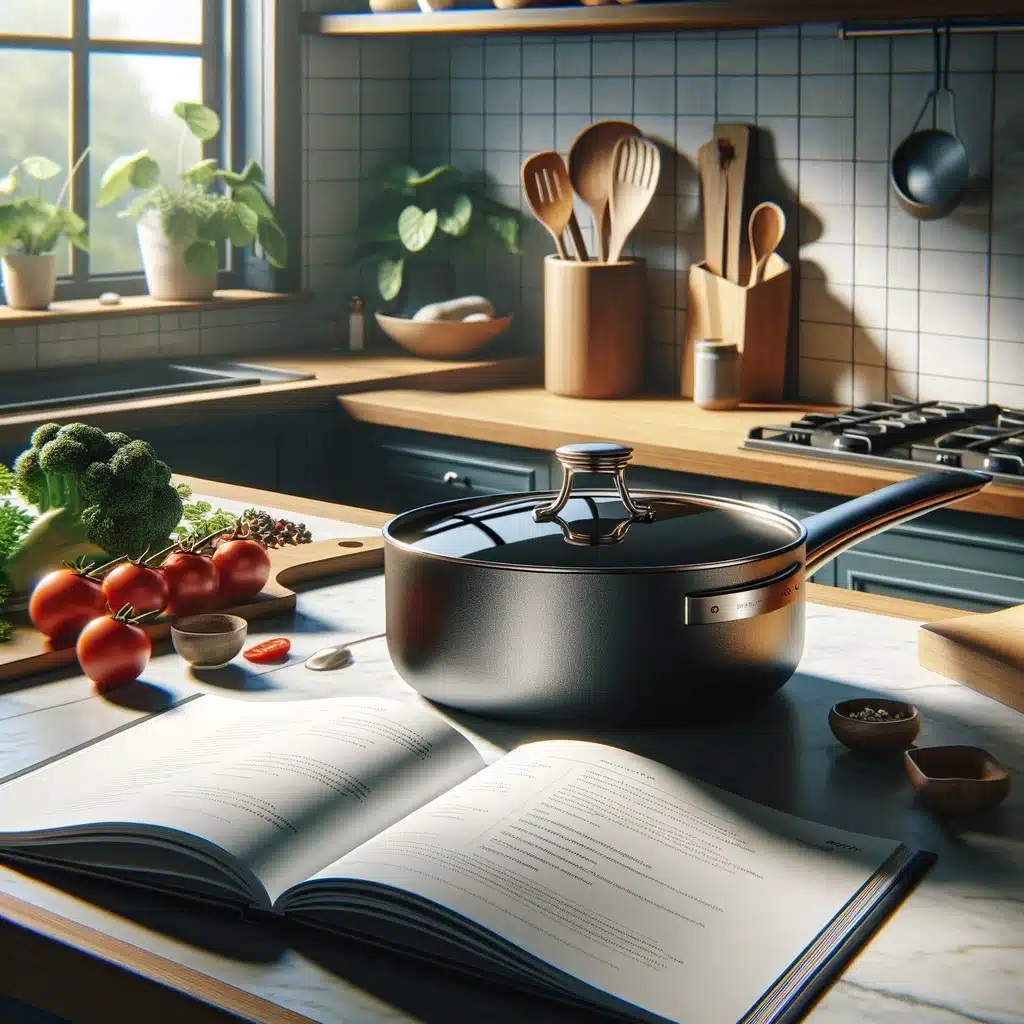
Credit: toxicityfacts.com
Potential Risks And Concerns
Titanium cookware is popular for its durability and safety. Yet, some risks and concerns exist. Understanding these can help you make better choices.
Chemical Leaching Debate
Chemical leaching is a big topic with cookware. Some worry that titanium cookware might leach chemicals into food. Here are key points:
- Titanium itself is non-reactive.
- Many products use a non-stick coating.
- The safety of these coatings varies.
Research shows mixed results. Some studies indicate low leaching levels. Others suggest higher risks with certain coatings. Always check the manufacturer’s details.
Long-term Exposure Effects
Long-term use of any cookware can raise concerns. Here are some effects to consider:
- Potential for buildup of chemicals.
- Possible impact on health over years.
- Effects on food taste or quality.
Experts recommend regular checks on cookware. Look for signs of wear or damage. This can help prevent any potential issues.
Comparing Cookware Materials
Choosing the right cookware is important. Different materials offer various benefits. Understanding these differences helps you make the best choice for your kitchen. Let’s compare titanium cookware with other popular materials.
Titanium Vs. Teflon
Titanium and Teflon cookware have distinct features. Both are popular, but they serve different needs.
| Feature | Titanium | Teflon |
|---|---|---|
| Durability | Highly durable, scratch-resistant | Less durable, can scratch easily |
| Non-stick | Good non-stick properties | Excellent non-stick surface |
| Health Safety | Safe, does not release harmful chemicals | Can release harmful chemicals at high heat |
| Weight | Lightweight | Lightweight |
Titanium cookware is strong and safe. It does not scratch easily. Teflon offers a great non-stick surface but can be harmful if overheated. Choose based on your cooking style.
Titanium Vs. Stainless Steel
Titanium and stainless steel are both popular choices. Each material has its pros and cons.
- Heat Conductivity: Stainless steel heats evenly.
- Durability: Titanium is tougher and more resistant to damage.
- Non-stick: Titanium has better non-stick properties.
- Reactivity: Stainless steel can react with acidic foods.
Stainless steel cookware is ideal for browning and searing. Titanium is great for everyday cooking. Both materials are safe and durable.

Credit: www.amazon.com
Cooking Performance
Cooking performance is crucial for any cookware. Titanium cookware offers many benefits. It provides excellent heat distribution and retention. This improves cooking efficiency. It also enhances food taste and quality.
Heat Distribution And Retention
Titanium cookware heats evenly. This means no hot spots. Food cooks uniformly. This helps prevent burning or undercooking.
Key features of heat distribution:
- Quick heating time
- Consistent temperatures
- Even cooking surface
Heat retention is another strong point. Titanium cookware holds heat well. It keeps food warm longer. This reduces energy use during cooking.
Food Taste And Quality
Titanium cookware preserves food flavors. It does not react with food. This means no metallic taste. Your meals remain pure and delicious.
Benefits for food quality:
- Non-reactive surface
- Retains moisture
- Enhances natural flavors
Cooking with titanium can boost your dishes. Enjoy better taste and texture. Choose titanium for great cooking results.
Proper Use And Maintenance
Taking care of your titanium cookware ensures safety and longevity. Proper use and maintenance help keep your cookware in top shape. Understanding how to clean and protect your cookware is essential.
Cleaning Tips
Cleaning titanium cookware is straightforward. Follow these simple steps:
- Allow the cookware to cool before cleaning.
- Use warm, soapy water and a soft cloth.
- Avoid harsh chemicals that can damage the surface.
- For tough stains, use a non-abrasive scrubber.
- Dry thoroughly to prevent water spots.
Regular cleaning keeps your cookware safe and looking new.
Avoiding Scratches And Damage
Preventing scratches is crucial for titanium cookware. Here are some tips:
| Tip | Description |
|---|---|
| Use Wooden or Silicone Utensils | These materials protect the surface from scratches. |
| Avoid Metal Utensils | Metal can scratch and damage the cookware. |
| Store Carefully | Stack cookware with cloth or paper between them. |
| Don’t Overheat | High heat can warp or damage the cookware. |
Following these tips helps maintain the quality of your titanium cookware. Enjoy safe cooking for years to come.
Making An Informed Decision
Choosing the right cookware affects health and cooking. Titanium cookware has gained popularity. It is known for its durability and safety. Understanding its benefits and costs helps you make a smart choice.
Cost-benefit Analysis
When buying titanium cookware, consider both cost and benefits.
| Factor | Titanium Cookware | Traditional Cookware |
|---|---|---|
| Durability | Highly durable, lasts longer | May wear out faster |
| Weight | Lightweight and easy to handle | Heavier options available |
| Non-Stick | Natural non-stick properties | May require coatings |
| Price | Higher initial cost | More affordable options |
Consider long-term savings. Titanium cookware lasts longer. It may cost more upfront but saves money over time. Think about how often you cook. Frequent use justifies the investment.
Recommendations For Health Enthusiasts
Health enthusiasts should choose cookware wisely. Here are some tips:
- Check for Quality: Look for reputable brands.
- Avoid Coatings: Choose pure titanium without coatings.
- Size Matters: Select the right size for your needs.
- Easy to Clean: Look for dishwasher-safe options.
Pay attention to the materials used. Pure titanium is safe for cooking. It does not leach harmful chemicals. This makes it a good choice for health-conscious individuals.
Frequently Asked Questions
Is Titanium Cookware Safe For Cooking?
Yes, titanium cookware is considered safe for cooking. It is non-reactive, meaning it won’t leach chemicals into your food. Additionally, titanium is highly durable and resistant to scratches. This makes it a healthy option for everyday cooking, as it maintains its integrity over time.
Does Titanium Cookware Contain Harmful Chemicals?
No, titanium cookware does not contain harmful chemicals. Unlike some non-stick cookware, titanium is free from PTFE and PFOA. This ensures that no toxic substances are released during cooking. Therefore, using titanium cookware is a safer choice for health-conscious individuals.
Can Titanium Cookware Go In The Oven?
Yes, most titanium cookware is oven-safe. However, it is essential to check the manufacturer’s guidelines. Many brands design their titanium cookware to withstand high temperatures. This versatility allows you to use them for various cooking methods, including baking.
How To Clean Titanium Cookware Properly?
To clean titanium cookware, use mild soap and warm water. Avoid abrasive scrubbers that can scratch the surface. For tough stains, a mixture of baking soda and water works well. This gentle cleaning method preserves the cookware’s integrity and extends its lifespan.
Conclusion
Titanium cookware is a safe choice for your kitchen. It is durable and resistant to scratches. This means it lasts longer than many other options. Cooking with titanium cookware is easy and safe for your health. It does not release harmful chemicals.
You can enjoy delicious meals without worry. Choose titanium for its strength and safety. Your cooking experience will improve with this reliable material. Make the smart choice for you and your family. Enjoy the benefits of titanium cookware today.
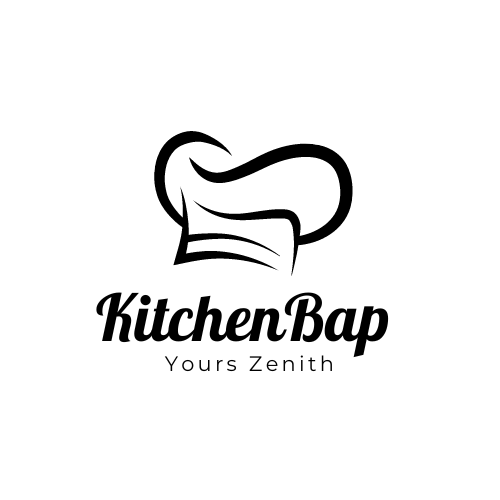
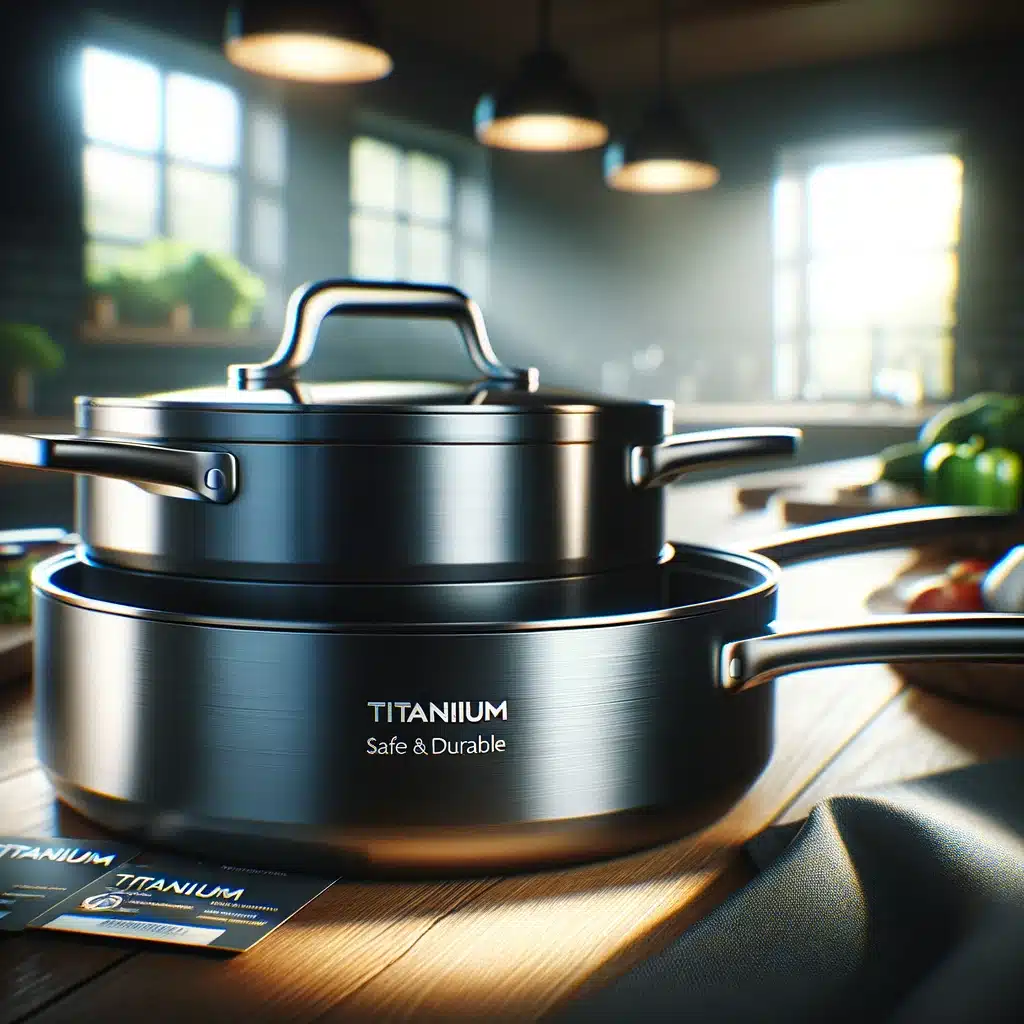

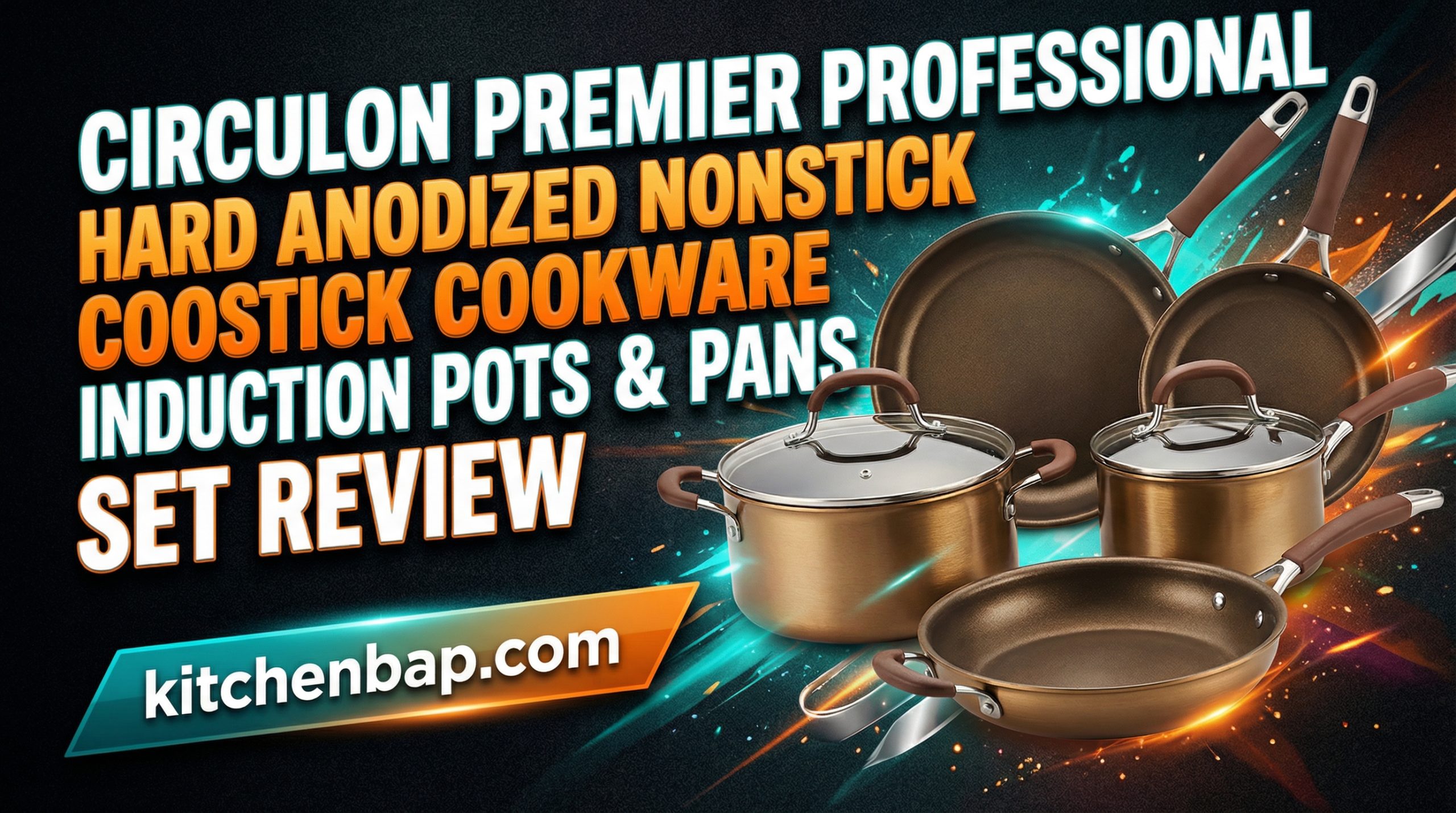
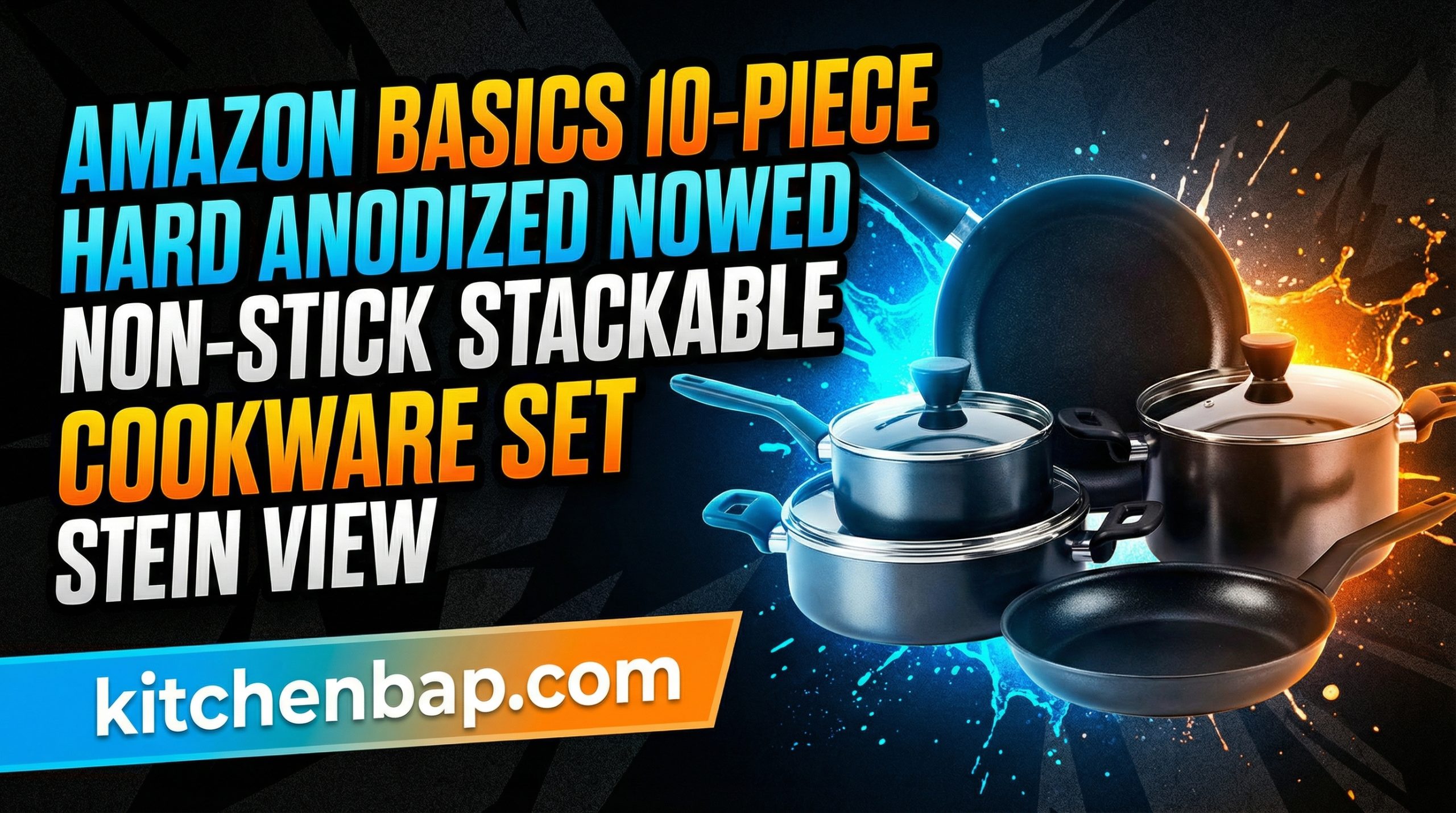
Leave a Reply